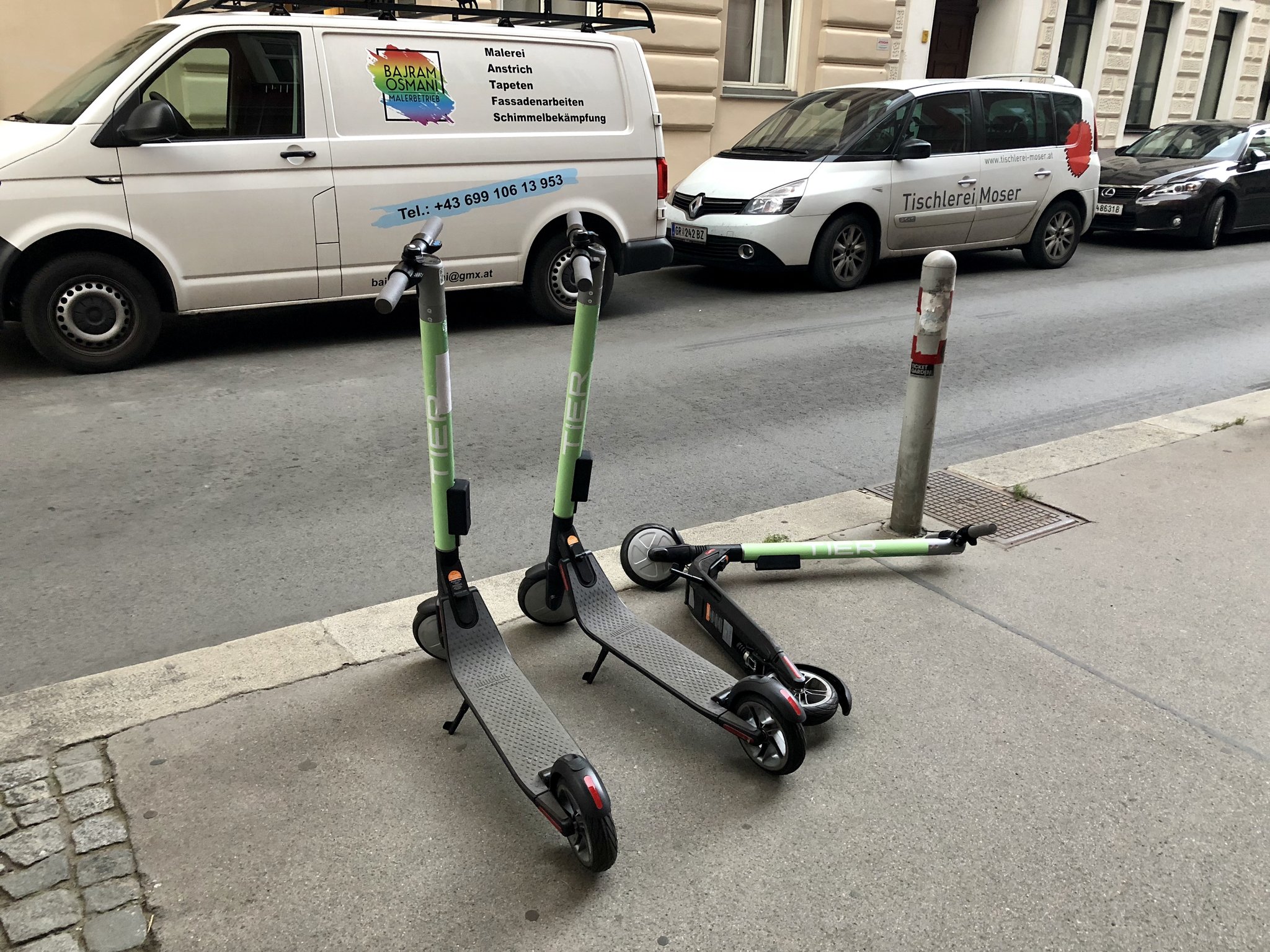
There’s a side of the electric scooter story that we haven’t quite explored yet. And one that just might throw a wrench into their whole business model. As you know, electric scooter companies like Bird and Lime have scooters scattered throughout the United States – but we’re now seeing this in more ways than one. The electric scooters are blocking sidewalks, which is making a disability rights advocacy group a little upset. Disability Rights California is now suing both of these companies in federal court for allegedly violating the Americans with Disabilities Act (ADA). The group is seeking class-action lawsuit status for the case, says Bird and Lime are obstructing public sidewalks, making them unsafe (and unusable) for people with mobility disabilities and low vision. This group is also suing the City of San Diego for not maintaining their sidewalks, in order to ensure they are accessible for people with disabilities.
This is the kind of story that I find incredibly interesting. Why? When we look at technology, it’s often as a way to better ourselves or our lives. Often technology companies don’t think about disability when they’re designing their product, which ends up alienating and even marginalizing people with disabilities. But this isn’t exactly tech, now is it? Sure, it’s using technology, the same way that Lyft or Uber do, but the devices themselves aren’t technological in nature. No, but there is an unintended consequence by operating a business this way. In fact, I would be surprised if either the two scooter companies, or the City of San Diego was not found liable for the situation that it has created.
The City has an obligation to ensure that they are meeting the requirements under the ADA. This includes the possibility of developing by-laws that would prevent this kind of action. By-laws are enforceable, which means that the City could make money if they implemented a by-law. Could they go after the people riding the scooters? I’m going to say unlikely as they would have to have a by-law enforcement officer always standing in front of the scooter racks. What they could do is leverage fines that the electric scooter company would have to pay. But it’s not their fault that people can be despicable and litter the streets in the way they do, so that avenue might not work. But, the two are now in a situation where they’re going to have to face the music – and it doesn’t look good.
What’s interesting is that Disability Rights California isn’t the first to sue these scooter companies. A man in Austin sued Bird earlier this month after tripping on a scooter lying on the sidewalk. Another woman filed a lawsuit against Bird in October, also claiming that the company was violating the American’s with Disabilities Act. And they’re right. The City in particular has an obligation to ensure that public spaces are accessible for people with disabilities.
The problem is that the only way to make any change is by way of lawsuits. If these lawsuits continue, it could be the demise of electric scooter sharing companies like Bird and Lime. That in itself would be too bad, but as I said, it’s important for these companies to think about the unintended consequences that their products or services might cause in the grand scheme of things.

[…] post A Disability Rights Group is Suing Scooter Companies for ADA Violations appeared first on Saintel […]